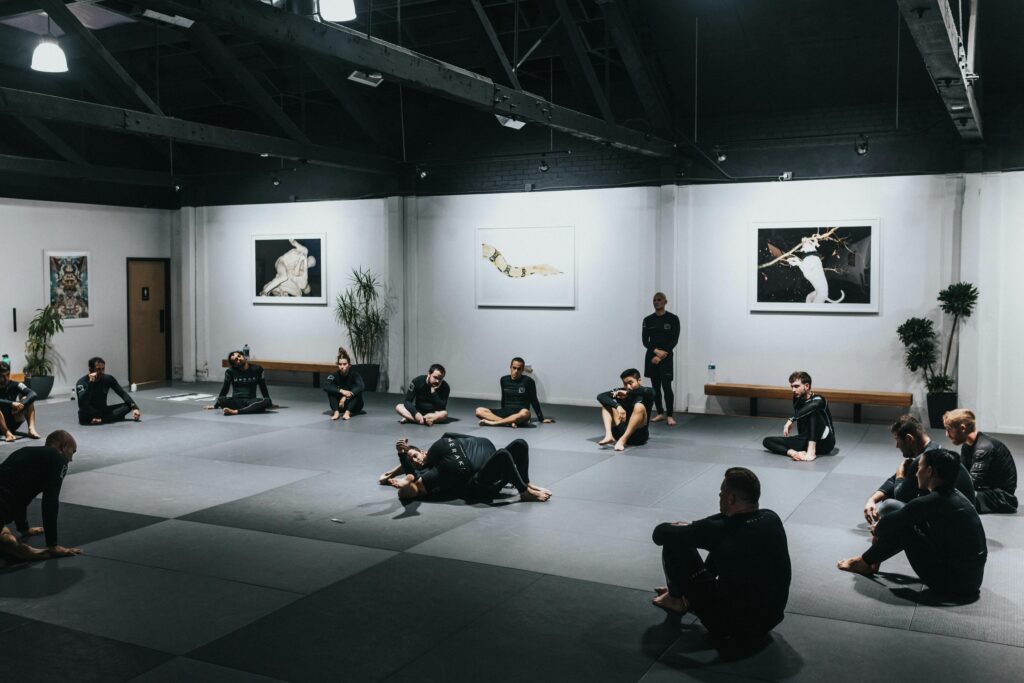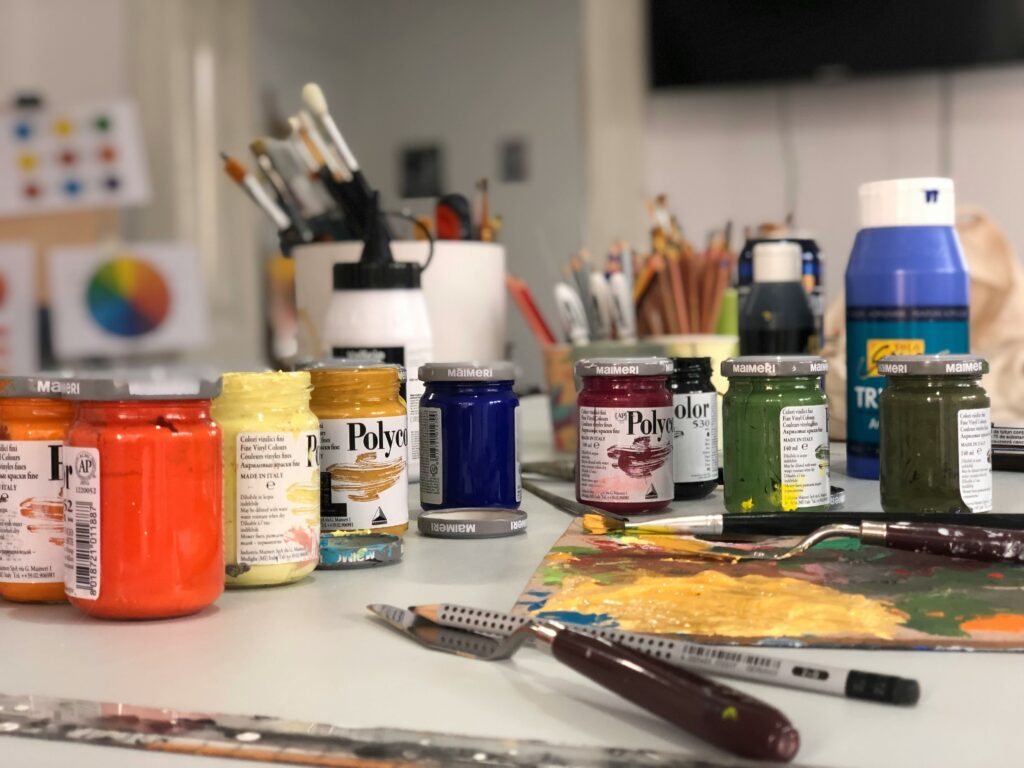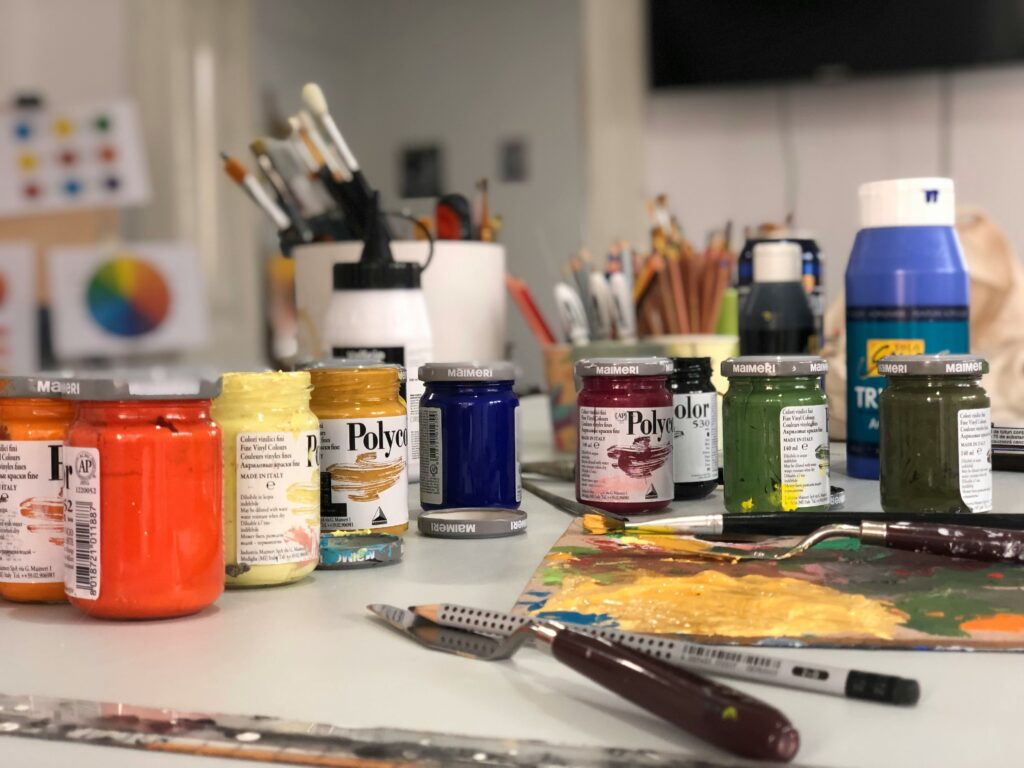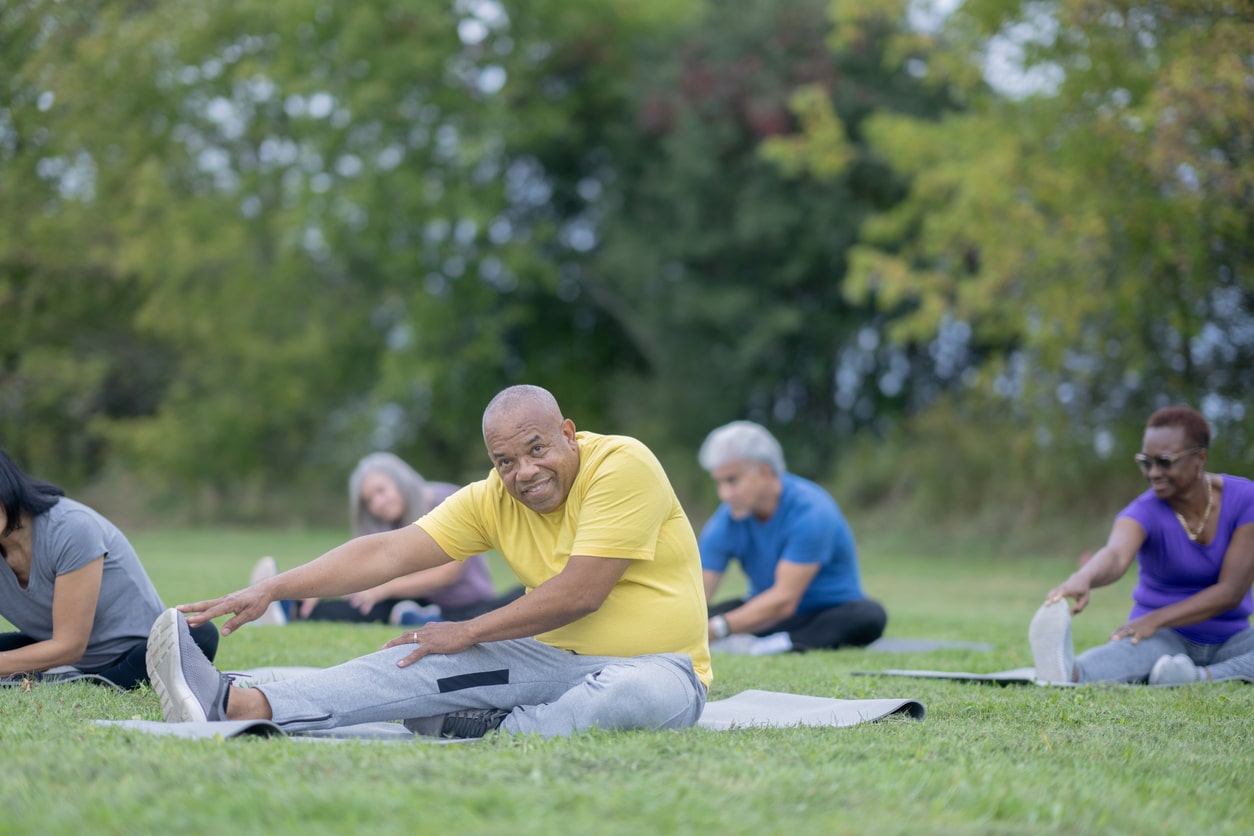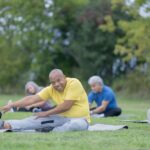Now Reading: Al-Anon Meetings for Families of Addicts: Support, Healing, and Hope
-
01
Al-Anon Meetings for Families of Addicts: Support, Healing, and Hope
Al-Anon Meetings for Families of Addicts: Support, Healing, and Hope
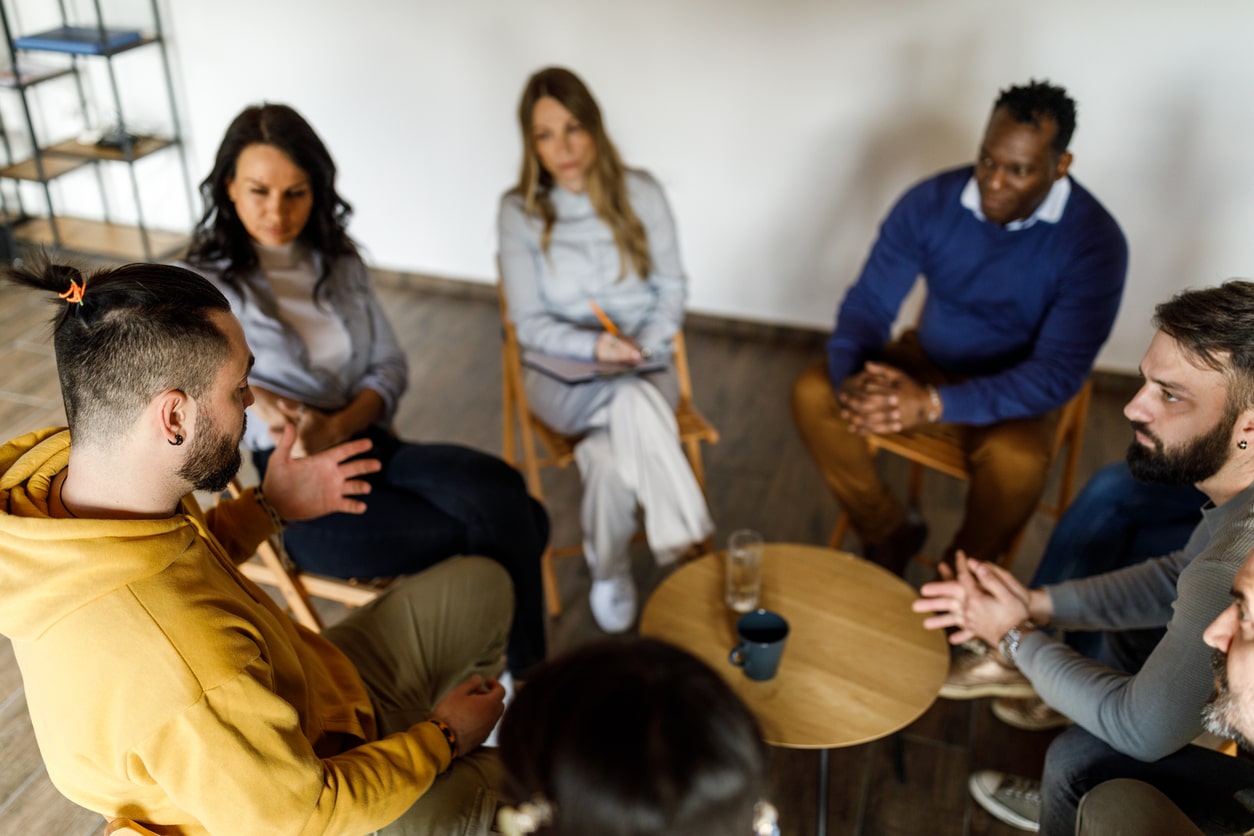
Addiction doesn’t just affect the person using substances—it affects the entire family. When someone you love struggles with addiction, it can leave you feeling helpless, angry, and emotionally drained. You may ask yourself, “How can I help them? What about my own well-being?” That’s where Al-Anon meetings for families of addicts come in.
Al-Anon is a mutual support group designed specifically for families and friends of people struggling with alcohol or drug addiction. These meetings provide a safe space to share experiences, gain insight, and receive emotional support from others who truly understand what you’re going through.
In this article, we’ll explore how Al-Anon meetings for families of addicts offer guidance, tools to cope, and the strength to heal—no matter where your loved one is on their recovery journey.
What Is Al-Anon?
Al-Anon is a worldwide fellowship founded in 1951. It was created for people who are affected by another person’s addiction, particularly alcohol use. Although its roots are in alcoholism, Al-Anon now welcomes families of individuals with various substance use disorders.
Unlike therapy or professional treatment, Al-Anon is peer-led. Members come together in meetings to share their stories, listen to others, and practice a 12-step program adapted from Alcoholics Anonymous.
The goal is simple: help family members find peace and personal growth—even if their loved one never seeks recovery.
Why Al-Anon Matters for Families of Addicts
Watching someone you care about struggle with addiction is heartbreaking. You might feel responsible for their actions, try to fix their problems, or carry guilt and shame. Over time, your own mental and emotional health can suffer.
Al-Anon meetings for families of addicts help you shift focus. They teach you how to care for yourself, set healthy boundaries, and let go of things you can’t control.
According to the Substance Abuse and Mental Health Services Administration (SAMHSA), family involvement in recovery improves outcomes for everyone involved—both the addicted person and their support system 1.
What to Expect at an Al-Anon Meeting
If you’ve never attended a support group before, you might feel nervous. But Al-Anon meetings are warm, respectful, and confidential. There’s no pressure to speak, and you’re welcome just to listen.
Here’s what typically happens:
- Meetings begin with a welcome and readings from Al-Anon literature.
- Members take turns sharing their experiences, struggles, and growth.
- There’s no cross-talk (no advice-giving or interrupting).
- Meetings usually last about an hour.
- You’ll hear messages of hope and practical ways to cope.
Al-Anon meetings for families of addicts are free to attend. You don’t have to register or commit to a certain number of sessions—just show up when you need support.
Core Principles of Al-Anon
Al-Anon follows a 12-step spiritual framework similar to Alcoholics Anonymous. These steps encourage self-reflection, letting go of control, and finding peace through surrender and acceptance.
Some key principles include:
- Detachment with love: Loving someone without taking on their problems
- One day at a time: Focusing on the present moment instead of worrying about the future
- Self-care: Prioritizing your own needs and healing
- Acceptance: Acknowledging what you cannot change and taking responsibility for what you can
These principles help families stop reacting out of fear or frustration—and start responding with clarity and compassion.
Benefits of Al-Anon Meetings for Families of Addicts
1. Emotional Support
Addiction is isolating—not just for the person struggling, but for their family too. Al-Anon connects you with others who truly understand.
You’ll realize you’re not alone. You’ll hear stories that mirror your own pain and strength. This connection can lift shame and offer comfort.
2. Tools to Cope with Stress and Anxiety
Al-Anon offers practical tools for managing emotional distress. You’ll learn how to:
- Handle relapses
- Respond to manipulation or dishonesty
- Create emotional distance when needed
- Stay grounded during chaos
Over time, these tools help you feel more in control of your reactions—even when your loved one’s behavior remains unpredictable.
3. Healthy Boundaries and Empowerment
Setting boundaries is hard—but it’s essential. Al-Anon helps you recognize the difference between helping and enabling.
You’ll learn how to say no without guilt, how to stop rescuing your loved one from consequences, and how to take your power back—lovingly and respectfully.
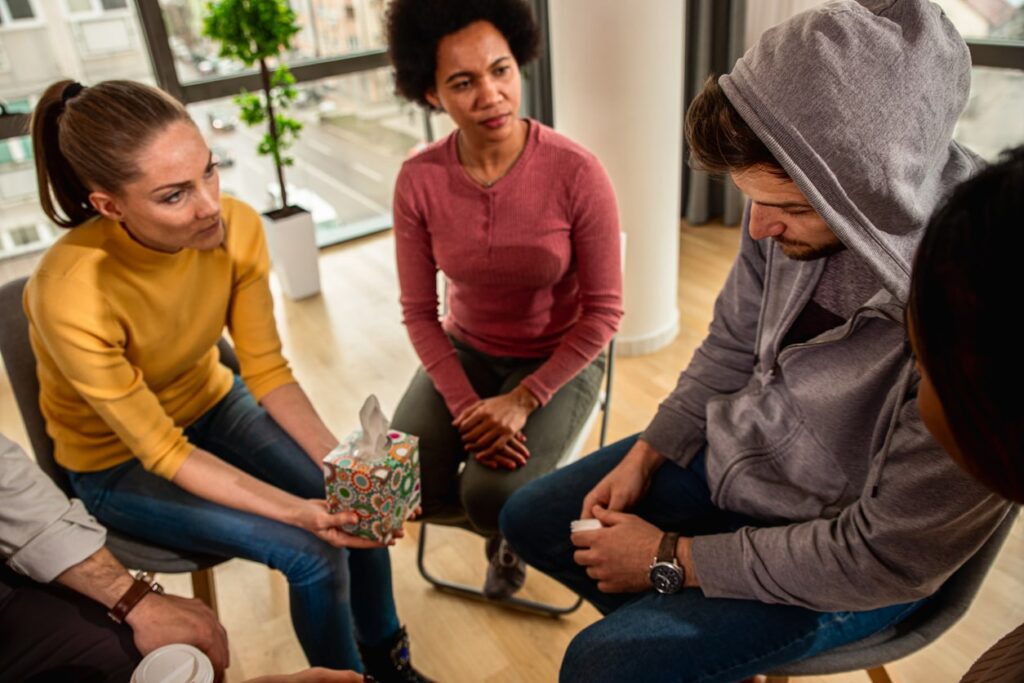
4. Improved Relationships and Communication
When you focus on your own healing, your relationships shift. You stop reacting from pain, and you start communicating from clarity.
Whether your loved one is actively using, in recovery, or somewhere in between, your new skills and perspective can create healthier family dynamics.
5. Long-Term Personal Growth
Many members stay in Al-Anon for years—not just because of the support, but because the program promotes spiritual and emotional growth.
The principles of Al-Anon can transform how you relate to yourself, your loved ones, and the world around you.
Real-Life Story: Finding Strength Through Al-Anon
Maria’s husband had struggled with alcohol addiction for over a decade. She felt angry, helpless, and lost. A friend invited her to an Al-Anon meeting.
“I walked in with tears in my eyes. I didn’t know what to expect. But by the end of the hour, I felt lighter. I realized I wasn’t crazy—and I wasn’t alone.”
Maria continued attending weekly meetings. She learned to stop enabling, to focus on her own healing, and to let her husband face his own choices.
“Al-Anon gave me my life back,” she says.
How to Find Al-Anon Meetings
In-person meetings: Visit https://al-anon.org and use the meeting locator to find a group near you.
Online and phone meetings: Perfect for those who live in remote areas or prefer virtual support. These meetings follow the same structure and offer the same level of confidentiality.
Literature and resources: Al-Anon offers helpful books and workbooks, such as “How Al-Anon Works” and “Courage to Change.”
Final Thoughts: Hope and Healing for the Whole Family
Al-Anon meetings for families of addicts offer more than support—they offer transformation. They help you understand that you can’t control your loved one’s recovery, but you can control how you respond, how you heal, and how you live.
Whether your loved one is in active addiction, in treatment, or somewhere in between, you deserve support too. You deserve peace.
Take the first step. Walk into a meeting, listen with an open heart, and know this: You are not alone. And healing is possible—for you, and for your family.
Sources
- SAMHSA. (2023). Family Therapy and Support in Recovery. Retrieved from https://www.samhsa.gov ↩

Jen Sheldon is a seasoned writer with a passion for fitness, health, wellness, and addiction treatment. With years of experience crafting insightful and research-backed content, she helps readers navigate their journey toward better well-being. When she’s not writing, you’ll find her exploring new workout routines or diving into the latest health trends.











